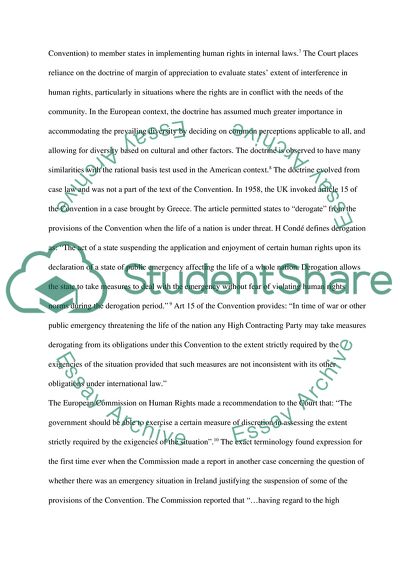Cite this document
(“Margin of Appreciation and National Security Essay”, n.d.)
Margin of Appreciation and National Security Essay. Retrieved from https://studentshare.org/politics/1705832-attached-as-a-word-file-choose-one-of-the-three-questions
Margin of Appreciation and National Security Essay. Retrieved from https://studentshare.org/politics/1705832-attached-as-a-word-file-choose-one-of-the-three-questions
(Margin of Appreciation and National Security Essay)
Margin of Appreciation and National Security Essay. https://studentshare.org/politics/1705832-attached-as-a-word-file-choose-one-of-the-three-questions.
Margin of Appreciation and National Security Essay. https://studentshare.org/politics/1705832-attached-as-a-word-file-choose-one-of-the-three-questions.
“Margin of Appreciation and National Security Essay”, n.d. https://studentshare.org/politics/1705832-attached-as-a-word-file-choose-one-of-the-three-questions.


